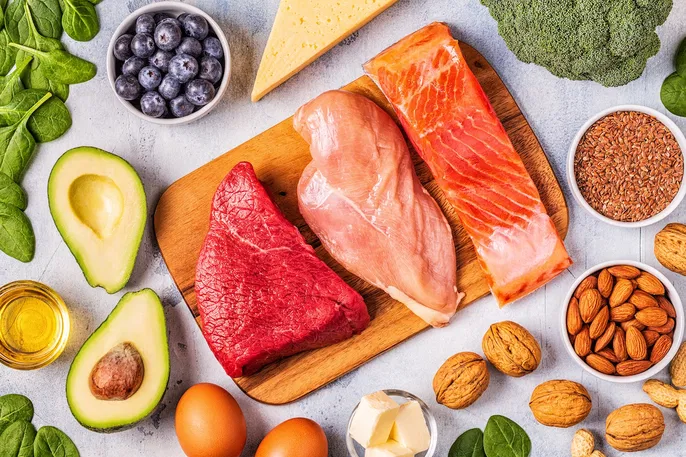Back to Basics: Embracing Natural, Wholesome Eating

“What is found in Nigeria’s food market space, including fruits like water melon, pineapple, apple, strawberry, oranges, lime, lemon, ginger, garlic, turmeric, and so on, are luxuries in the market place in question, and this supports Euromonitor’s report.”
A recent research from Euromonitor International claims that the coronavirus (COVID-19) has made health and food safety the top priority, which has raised calls for more openness in food procurement and transportation.
The study claims that this has strengthened a return to the fundamentals, speeding up trends regarding food origin and tried-and-true ingredients that provide both nutrition and utility.
It makes the case that returning to the fundamentals also brings important ideas to the table, like accessibility and reasonably priced nourishment in the framework of universal wellness. As disposable incomes decline, this now becomes crucial in the context of COVID-19, it continues.
Local sourcing becomes more prominent.
The research claims that there has been a heightened demand in locally produced goods. It reads: “In recent years, elder generations have been particularly interested in using local ingredients, food produced on local farms, and country of origin claims. Due to its transparency, excellent quality, and food safety, as well as its ability to boost the local economy, the epidemic has increased consumer interest in locally sourced food.
After the epidemic, a variety of programs have emerged to promote regional food production. One such program is “Support your locals,” a Dutch initiative. The goal is to support local food producers and promote hyperlocal and short supply chains, which will ultimately benefit the community and local economy. This program acts as a platform for companies like Maaltojdboxen Groningen, which provides consumers with organic produce, meat, and fruit that is cultivated nearby by farmers in the Groningen area.
Both conventional and natural wisdom
Additionally, it states: “Consumers’ health has become their top priority, and traditional, nutrient-dense ingredients—including ancient grains like amaranth and buckwheat—and naturally useful ones—like turmeric or ginger—are gaining popularity. With the acceleration of the demand for focused functioning as a crucial aspect of wellbeing and the growing emphasis on prevention over treatment, the idea of “food as medicine” is now more important than ever.
Nigerian perspective
What is available in Nigeria’s food market, including fruits like water melon, pineapple, apple, strawberry, oranges, lime, lemon, ginger, garlic, turmeric, and more, is evidence of Euromonitor’s report. These fruits are now considered luxury items in the market.
Read Also: Tinubu’s Reforms Are Reinvigorating Nigeria’s Private Sector – Dangote
Prices have increased by two or even three times. This is because, as a result of the COVID-19 pandemic, people are now well-informed about these products’ health benefits. Additionally, food processing businesses are using these foods as raw ingredients to create new products. Consequently, farmers have greater business and income at the farmgate.
More and more consumers are looking for conventional methods of avoiding diseases where food is crucial. According to the 2020 Health and Nutrition Survey by Euromonitor International, 48% of consumers worldwide look for conventional and natural ways to avoid getting sick, while 30% use over-the-counter medications.
The study points out that in recent years, packaged food manufacturers have used “natural” claims to target this kind of positioning. Companies that use traditional and well-known ingredients that provide a variety of functions will profit from the growing demand for natural and traditional solutions related to preventative health.
Value reevaluation and inclusive nutrition are highlighted.
According to Euromonitor, the economic downturn that is affecting several nations in 2020 highlights the need of affordable and easily accessible nutrition. Food is the foundation of consumer requirements and a universal human right. Ensuring the affordability of nutritious food will be essential to promoting good nutrition across the board.
Private label and low-cost wellness brands were already in high demand prior to the epidemic, and the worldwide lockdowns have only increased this demand. As disposable incomes decline, it is anticipated that this demand will persist.
One company that exemplifies added-value innovation at inclusive price points is Junlebao, which holds a 5.5% market share in China for milk formula. Junlebao has introduced affordable products in categories like organic and formulas for babies with special needs that have hitherto catered to affluent customers.





